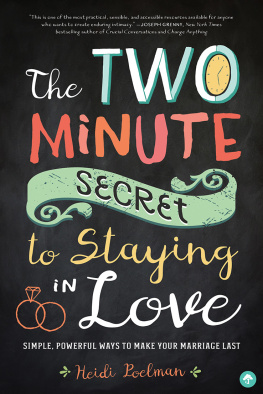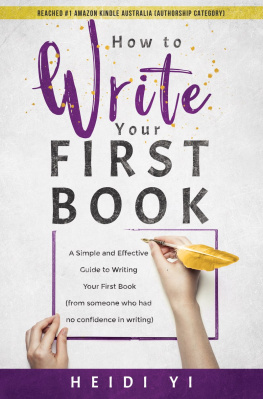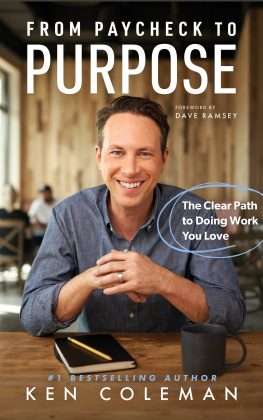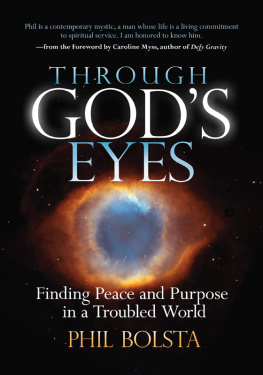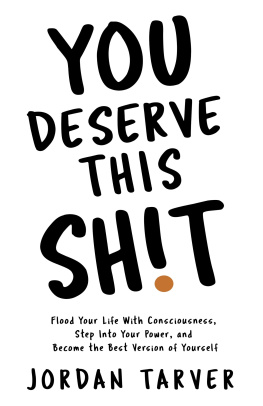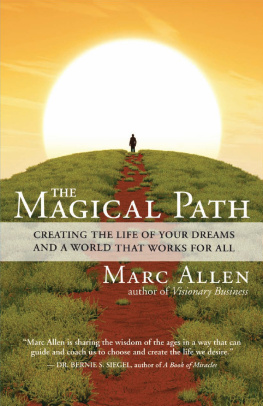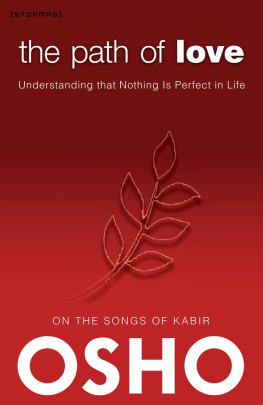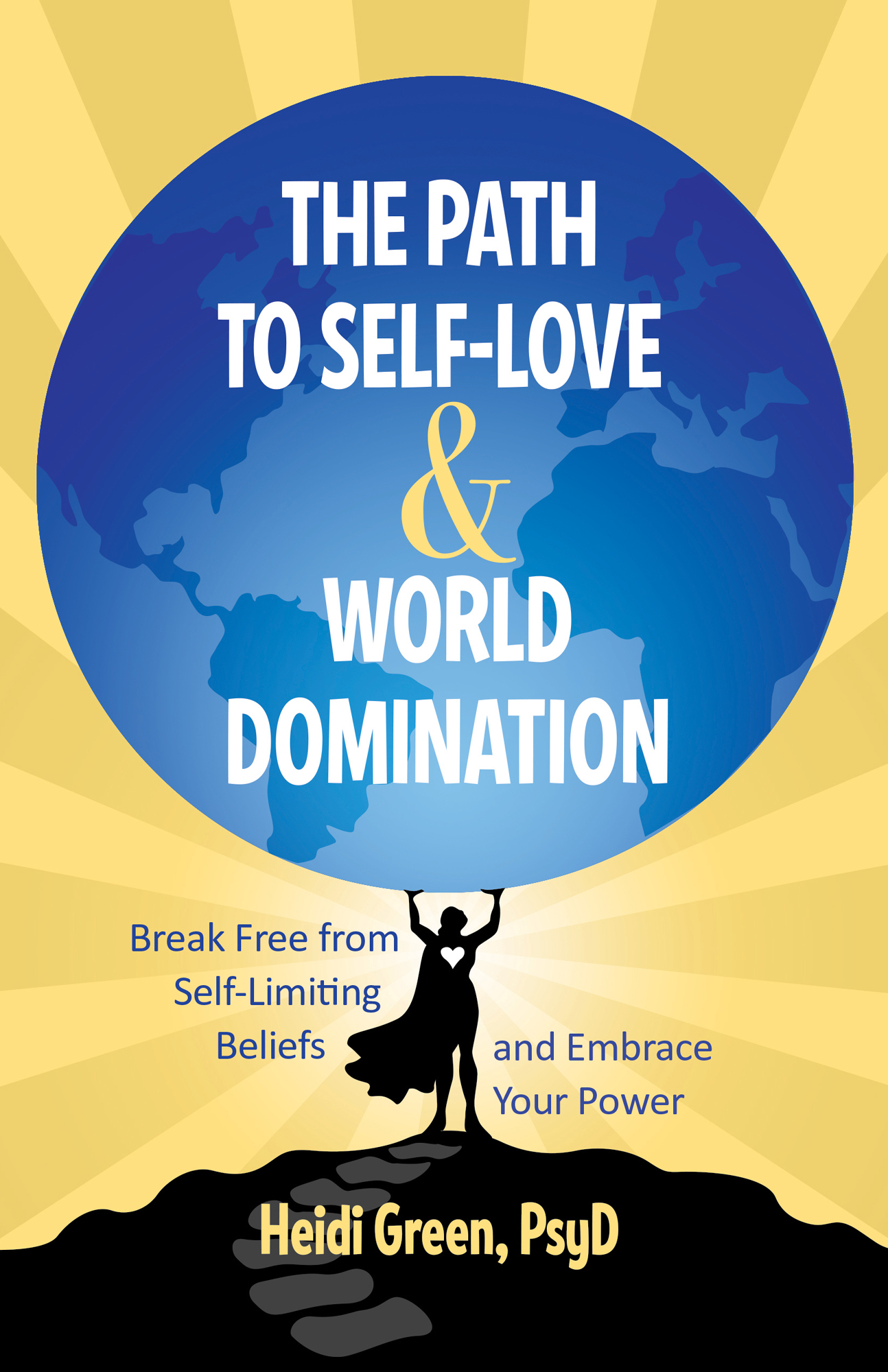Contents
Guide
Library of Congress Cataloging-in-Publication Data is available through the Library of Congress
2020 Heidi Green
ISBN-13: 978-0-7573-2368-3 (Paperback)
ISBN-10: 0-7573-2368-5 (Paperback)
ISBN-13: 978-0-7573-2369-0 (ePub)
ISBN-10: 0-7573-2369-3 (ePub)
All rights reserved. No part of this book may be reproduced, distributed, or transmitted in any form or by any means, including photocopying, recording, or other electronic or mechanical methods, without the prior written permission of the publisher, except in the case of brief quotations embodied in critical reviews and certain other noncommercial uses permitted by copyright law.
The material in this book is intended for education. It is not meant to take the place of diagnosis and treatment by a qualified medical practitioner or therapist. No expressed or implied guarantee of the effects of the use of the recommendations can be given or liability taken.
All identifying characteristics, including names, have been changed to protect the privacy of the individuals described. Moreover, each case example is largely fictional and created by using themes from therapy clients over the years.
HCI, its logos, and marks are trademarks of Health Communications, Inc.
Publisher: Health Communications, Inc.
1700 NW 2nd Avenue
Boca Raton, FL 33432-1653
Cover design by Larissa Hise Henoch
Interior design and formatting by Lawna Patterson Oldfield
This book is dedicated with love to my grandmother Mary Jane Burch, and to my daughters, Alex, Katie, and Delaney. May you always love yourselves as fiercely as I love you.
ACKNOWLEDGMENTS
M y heart is full of gratitude for the many friends and colleagues who contributed their wisdom to this book. To my longtime friend, Shauna Reiser, thank you for being my first editor. Your contributions to my early drafts were invaluable. Many thanks to Catherine Lowrey, my dear friend and the first psychologist to provide clinical feedback for this work. Sara Decker, thank you for providing feedback from the consumer point of view.
To Dr. Marcus Earle, my most cherished mentor, my gratitude for you extends far beyond the parameters of this book. Thank you for your wise counsel, unmitigated support, encouragement, and genuine care for me as a human. I am a better psychologist for knowing you, but more important, I am a better person.
Finally, to Camilla Michael, Allison Janse, and the team at HCI Books, thank you for taking a chance on me. Thank you for believing in my message and trusting me to deliver it. I am so grateful for all the hard work and dedication put into bringing my book to life.
INTRODUCTION
Whatever the question, the answer is love.
Dr. Wayne Dyer
I suppose a book with such a lofty promise in the title requires a few qualifiers. Spoiler alert: Reading this book is unlikely to result in actual world domination. That said, I intend to set you on the path to dominate your own world, be the master of your destiny, and create the life of your dreams. This is not a lofty promise. Although its a big undertaking, it is also a realistic possibility.
You picked up this book for a reason. Your inner critic is running rampant. Your self-limiting beliefs are controlling your life. You have big dreams but lack the self-confidence to pursue them. You feel unworthy. You long for inner peace and self-love. I get it.
Wherever you are in your life right now, however treacherous the journey seems, whatever dark cavern you may have wandered into, there is hope for you. You are powerful, capable, beautiful, and deserving. You may not feel that today, but do not fret. I am going to help you understand why you may not feel that way now and show you how you can rewire your self-limiting thoughts to reach your full potential. Reading this book will give you the tools you need to love yourself fully, trust in your capabilities, and live an abundant life. I am going to help you create your personal Self-Love Suitcase, so to speak: six traits that must be cultivated on your journey for a happier, more awesome you. These traits are self-kindness, self-acceptance, self-parenting, self-commitment, self-forgiveness, and self-respect. Through reading this book and following the exercises within, you will develop your tool kit and strengthen the self-love needed for a happier, more abundant life.
So why self-love? Why is it important? As a clinical psychologist, I have had the great honor of sitting in front of people from every walk of life. Ive worked with young women, old men, cancer fighters, trauma survivors, addicts, celebrities, couples, and families. I have seen the strong side of women who were abused as children, abandoned by their fathers, or cheated on by their husbands. I have seen the tender side of men who stand accused of murder and assault. Ive sat with divorcing couples as they try to figure out how to avoid damaging their children, and with older parents while they make amends to the adult children they wounded decades ago.
Each client Ive worked with has been a teacher to me as much as Ive been a healer for them. Their stories have become a part of my life story. They have taught me about the spirit of humanity. I have worked with people from many different walks of life whose stories and struggles are vastly different. Yet I have seen very distinct themes emerge in each one of their quests for healing.
As I bear witness to these journeys, I see how painful life experiences can strip people of their innate ability to feel and practice self-love. My work with clients has become an exercise in finding and rescuing the young person they once were so they can become the adult they were always meant to be. No matter who the person is or what their life experiences may entail, time and again that journey consistently and predictably winds itself toward the same beautiful destination: Love. It has become increasingly clear to me over the years that the secret to happiness lies, above all else, in your ability to love the most important person you will ever know: you. Thats why self-love is so important. Your entire lifes happiness depends on it.
Loving oneself is far more complicated than it may seem. It may appear on the surface that self-love is synonymous with self-esteem, but it isnt quite that simple. Self-love requires more than just holding yourself in high regard. It involves understanding your struggles and weaknesses through a lens of compassion. It insists you speak to yourself with kindness. Self-love mandates that you forgive yourself when you have failed or hurt others. Finally, to truly love yourself you must be humble, gentle, and meticulous in the way you treat all people, yourself included. Honoring oneself is not selfish or entitled. Sometimes honoring yourself requires setting boundaries that can upset or disappoint others. A self-loving person recognizes this will happen on occasion and knows it is okay.
On the other hand, a self-loving person will be able to honor others even when they must disappoint them. If you are genuinely honoring yourself, you will never be cruel or malicious in your intentions or delivery toward others. You will set boundaries in ways that are respectful and gracious, without holding yourself responsible for how others receive your limits.
What Is Self-Love?
I created a simple definition of self-love for this book. Essentially, self-love is the marriage between self-esteem and self-compassion. If we were to examine self-love with a Venn diagram, we would see where the self-respect and confidence of self-esteem merge with the empathic, loving-kindness of self-compassion.


